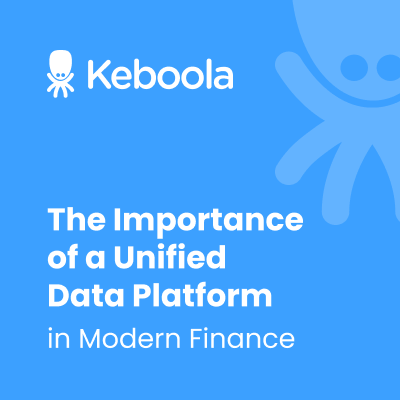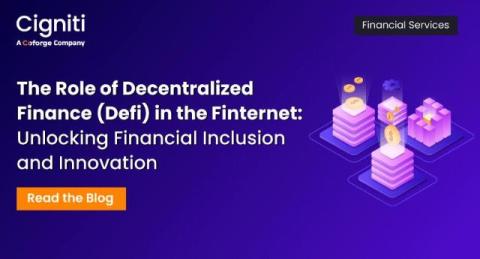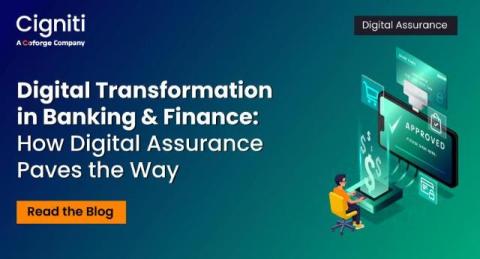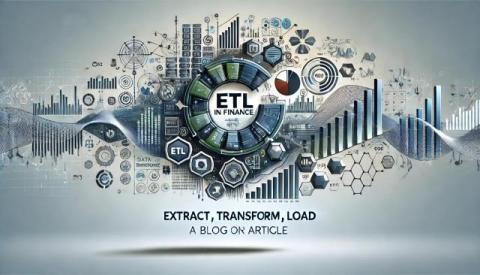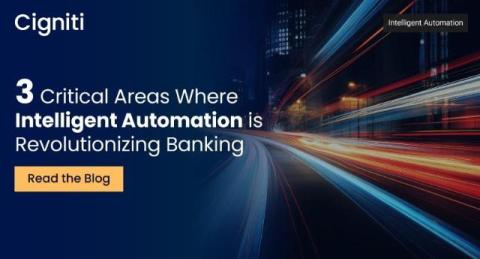The Importance of a Unified Data Platform in Modern Finance
Historically, finance teams largely operated in the background, focusing on record-keeping, compliance, and ensuring that financial operations ran smoothly. Their primary responsibilities revolved around managing costs, balancing the books, and maintaining operational efficiency. In recent years, that has changed.


